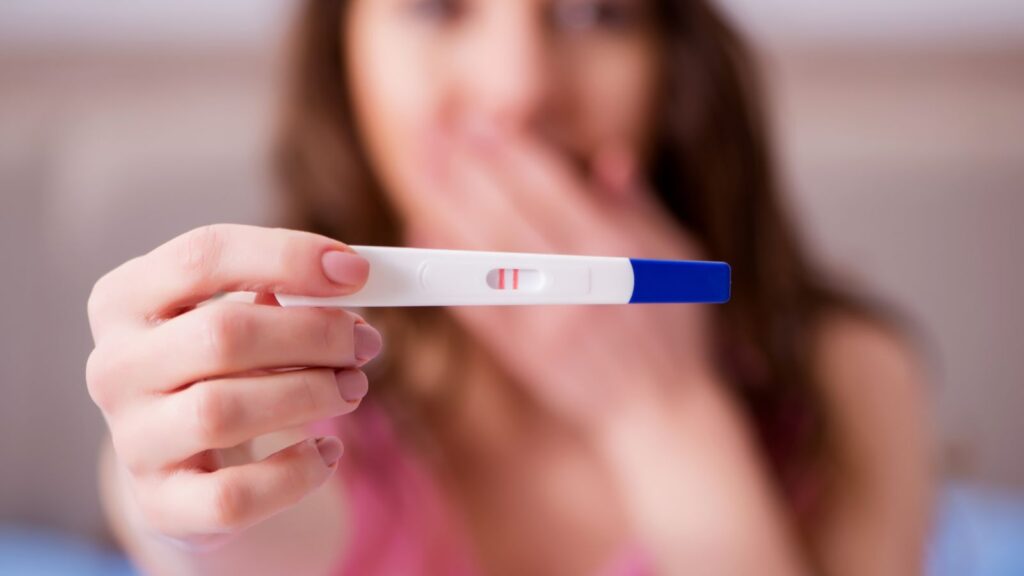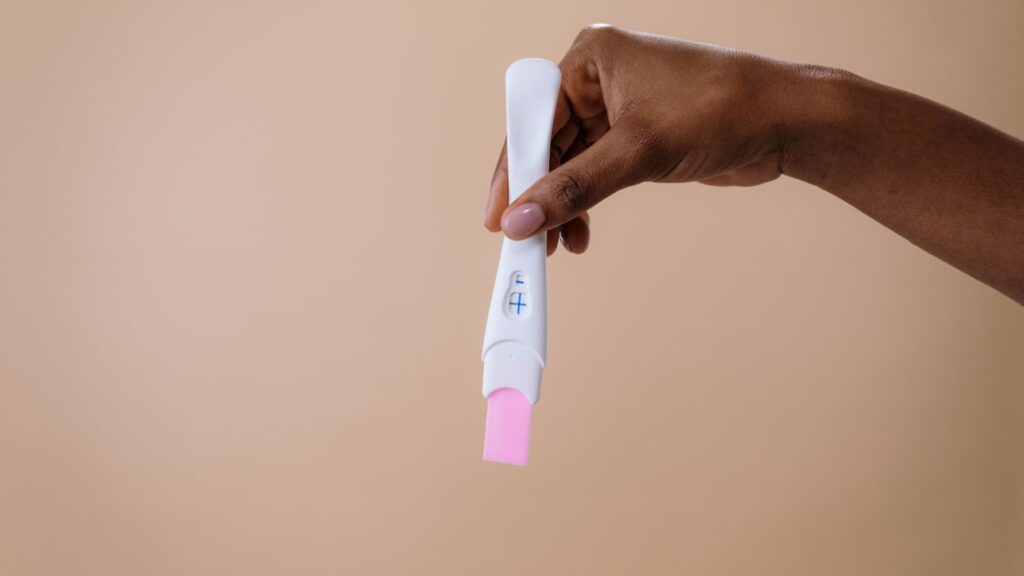Navigating the maze of pregnancy tests can be a daunting task, especially when you’re anxious for accurate results. You’re not alone in this journey, and this article aims to guide you through the process. We’ll explore various types of pregnancy tests available, their accuracy, and where to find them in your vicinity.
Whether it’s your first time or you’re a seasoned pro, understanding the ins and outs of pregnancy tests is essential. From drugstore brands to doctor’s offices, we’ll delve into the pros and cons of each. Stick with us, and you’ll be well-equipped to make an informed decision when you’re searching for a pregnancy test near me or dealing with concerns such as period pain in Singapore, which can sometimes create confusion about pregnancy symptoms.
Understanding the Basics of Pregnancy Tests
Knowing the fundamentals of pregnancy tests aids individuals in making confident decisions. Pregnancy tests detect the presence of Human Chorionic Gonadotropin (HCG), a hormone only produced during pregnancy or certain medical conditions. There are two main types of pregnancy tests available: urine tests and blood tests.
Urine Tests—typically choose one for many people, these are over-the-counter tests found at local drugstores. They tend to yield results quicker than blood tests, often within minutes. Varieties of urine tests include strip tests (like Accu-Clear), midstream tests (such as ClearBlue), or digital tests (for example, Clearblue Digital).
Blood Tests—generally require a visit to a doctor’s office or medical lab. They’re distinguished into two categories: qualitative, which verifies if HCG is present, and quantitative, which provides the exact amount of HCG in the blood. Blood tests can detect pregnancies earlier than urine tests. They’re usually performed when a more specific result is pivotal.
They both have their benefits based upon individual needs. For those seeking quick and private results, urine tests serve best. But for a more detailed and accurate understanding, especially in early pregnancy, blood tests provide conclusive answers.

Importance of Early Pregnancy Detection
Catching pregnancy at an early stage holds significant importance, primarily for providing adequate prenatal care and ensuring a healthy pregnancy. The presence of Human Chorionic Gonadotropin (HCG) signals a positive test, marking the initiation of prenatal vigilance. Early detection, facilitated by tests like urine and blood tests, allows for an immediate start to this care.
Healthcare providers advocate early detection for several reasons. Firstly, it enables early prenatal care, which decreases the risk of complications for both mother and baby. Early prenatal care includes folic acid supplementation, known to reduce neural tube defects in unborn babies. Additionally, early pregnancy detection assists in lifestyle modification. Healthcare providers recommend ceasing behaviours that are potentially harmful in pregnancy, such as smoking, drinking alcohol, and using illicit substances. They advise on maintaining a healthy diet and facilitating regular physical activity, too.
Moreover, identifying pregnancy early allows for accurate gestational dating. Healthcare providers rely on the first day of the last menstrual period and early ultrasound dating to estimate the gestational age.

Searching for Pregnancy Test Near Me
Detecting pregnancy early holds significance for physical health, emotional well-being, and work-life adjustments. The way ahead, as suggested, involves locating a convenient pregnancy test service. Multiple ways certainly assist individuals in their quest to find local services to undertake this test.
Search engines provide a swift way of locating nearby medical facilities. Typing pregnancy test near me offers immediate results. These results generally include a mix of private clinics, labs, pharmacies, free clinics, and hospital locations.
Pharmacies serve as a convenient option due to their widespread presence. Most pharmacies carry over-the-counter pregnancy tests. These tests detect HCG in urine, offering quick results. Brands like ClearBlue, First Response, and E.P.T are commonly available.
Private clinics or labs offer more comprehensive services. They not only provide urine-based tests but also offer blood tests for HCG. Such medical establishments allow access to professional consultation, enabling individuals to understand their test results better.
Free clinics, such as Planned Parenthood, offer more than just testing services. They provide comprehensive reproductive health services, including counselling and follow-up care. They are an excellent resource for uninsured individuals or those with low income.


